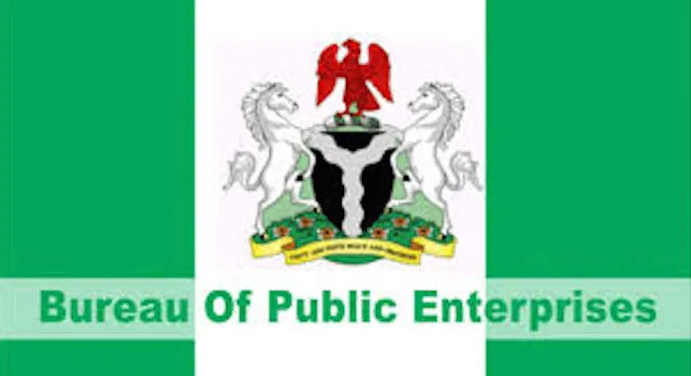Automobiles’ Import Levy Reduction Will Reduce FG’s Revenue, Report Warns

- Policy contradicts BPE-led committee’s recommendation
The Federal Government’s decision to slash import levy on cars, tractors and mass transit vehicles as stated in the Finance Act 2020, will negatively affect the domestic automobile manufacturing industry and government revenue from duties and levies, a report by the Financial Derivatives Company (FDC) has said.
FDC, in its latest Monthly Economic Update obtained by Flavision yesterday, also said the policy contradicted the recommendation of a Federal Government’s committee, led by the Bureau of Public Enterprises (BPE), which in August 2020 had urged a sustained restriction by tariff on automobiles imports that were being assembled in Nigeria in line with the National Automotive Industry Development Plan.
In the Finance Act 2020, the government provided for a reduction in the import levy on cars from 30 per cent to five per cent, import duty on tractors from 35 per cent to five per cent as well as reduction of imported duty on mass transit vehicles for the transportation of more than 10 persons and trucks from 35 per cent to 10 per cent.
However, the FDC noted that the reduction will cause a significant drop in the price of imported brand new cars and also good news for motorists and car dealers.
It explained that
the policy will weigh negatively on the domestic automobile manufacturing industry and on government revenue from duties and levies.
One of the major objectives of an import levy, besides raising revenues for the government, is to increase the price of imported goods to a level at least as high as the domestic price. This is supposed to make the domestic price more competitive and incentivise domestic production.
So while the government is set to earn less revenue from the reduced levy, the reduction in the levy is in clear contradiction of the recommendation of the Bureau of Public Enterprises (BPE)-led committee in August 2020, urging a sustained restriction by a tariff on automobiles imports that are being assembled in Nigeria in line with the National Automotive Industry Development Plan.
According to the report, the reductions will undermine the progress made since the launch of the national auto policy six years ago, which has encouraged firms to step up investments in local auto assembly plants.
It added that the reductions on import duties will also be a major disincentive to future investment and put current investment in the industry at risk of loan defaults and bankruptcy.
The African Continental Free Trade Agreement (AfCFTA) will lower the import cost of automobiles manufactured in Africa. South Africa exported 271,819 units of new vehicles in 2020 while Volkswagen’s car assembly plant in Ghana has a capacity of 5,000 units. The policy will trigger an influx of cheaper cars from these countries, which will further impede the fortunes of the domestic auto plants,
it noted.
However, on Nigeria’s rising debt burden and the federal government’s plans to securitise its debt to the Central Bank of Nigeria (CBN) by designing “special instruments,” the report said, would lead to an injection of over N11 trillion in fixed income instruments into a market saturated with liquidity.
It added that the plans will bring about balance and also spark a rise in interest rates.
It noted that the government has also ruled out further borrowing from the International Monetary Fund (IMF)
partly as a psychological spillover of the past and partly due to stringent conditionalities, to plug its proposed fiscal deficit of N5.7trn in 2021.
The report said:
While this is likely to ease pressures on growing external debt and exchange rate volatility, the likely increase in domestic debt issuances will result in a crowding out of the private sector.
It also said that despite the rise of oil price to an 11-month high of $56 per barrel, owing to positive sentiment sparked by Saudi Arabia’s surprise move to add an extra one million barrel per day to the output cuts agreed by the Organisation of Petroleum Exporting Countries and allies (OPEC+), reinstated lockdown measures in advanced countries threatened by the second wave of COVID-19 may constrain oil demand in the first quarter of 2021.

Justin Nwosu is the founder and publisher of Flavision. His core interest is in writing unbiased news about Nigeria in particular and Africa in general. He’s a strong adherent of investigative journalism, with a bent on exposing corruption, abuse of power and societal ills.













